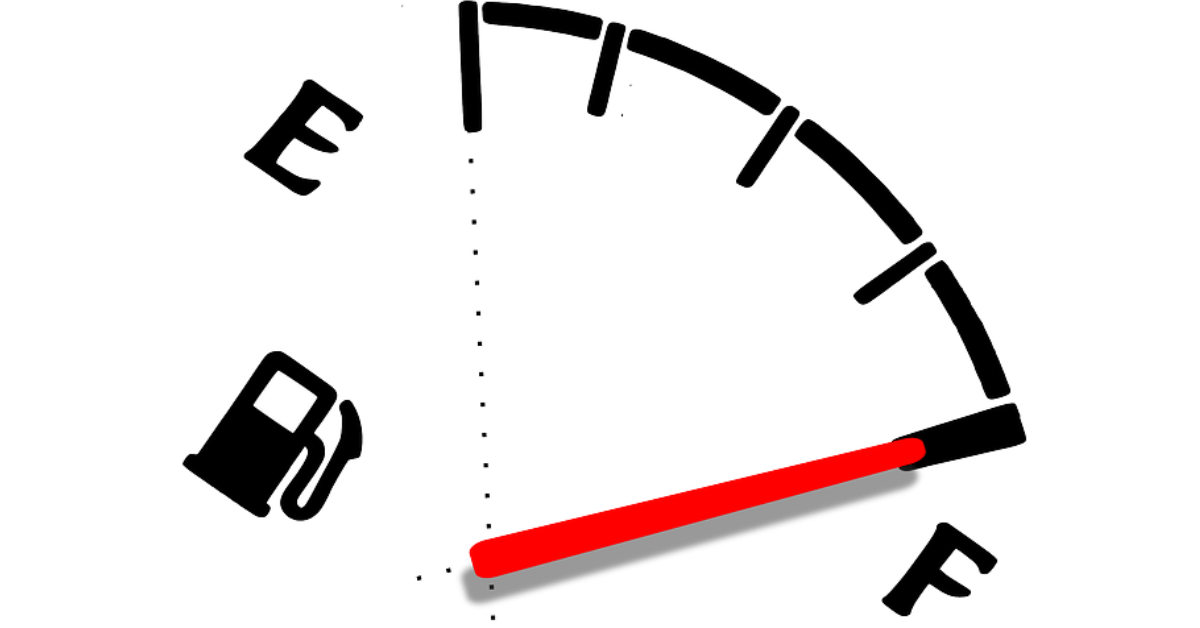As is always the case, one of the key areas of the 2016 budget to concern the transport and freight industries, was in relation to the cost of fuel and related charges. Indeed, while Chancellor George Osborne’s budget arguably presented something of a mixed bag across the different sectors, the news that fuel duty and HGV Road User Levies were being frozen was generally well received.
And for good reason – the cost of fuel plays an extremely significant role in the budget of haulage firms and indeed for the industry as a whole. A rise in fuel costs can mean a major increase in operating costs which hits the bottom line and can effect profits on the business.
The cost of fuel in a business is not, of course, only dictated by the amount we pay at the pump. As we’ve looked at on this before, there are ways in which companies and indeed the individual HGV driver can influence fuel expenditure through a range of efficient practices. And there are some excellent reasons why, as an HGV driver on the road every week, fuel efficiency should play an important factor in the way you work and go about your driving.
Improved profits make for a better work environment
We know that fuel costs represent one of the most hefty parts of overall operating costs within a haulage business. Industry estimates that this might be as much as a third of overall costs for the average transport business. It stands to reason then, that if you can find a way to reduce that, by even a small percentage, you can make significant improvements to bottom line profits in the company.
First reaction for some may be that that’s all well and good, but does an healthier profit really benefit the day to day driver? Or is it just added money for the company directors, with the benefits not finding their way along the pipeline?
Well, naturally, owners and directors want increased profits for their own financial benefits. But very rarely is that the only prime motivation. Improved profits in a business ensures the business remains healthy in the longer term. And a healthy, successful business is a lot better to work for than a struggling business – in any industry.
Fuel efficiency can improve job security
If improved fuel efficiency can help increase profits then this is also likely to have a benefit to the HGV drivers on the road by improving the prospects of job security and indeed, potential progress through the ranks.
How so?
- New Business Opportunities – Tenders for new business are more and more likely to include criteria based around fuel efficiency to meet with their own environmental commitments. If your company can demonstrate a commitment to cutting fuel costs then they stand a greater chance of winning new contracts, meaning stability in the workforce
- Better to cut costs through fuel than labour – If a business is serious about reducing costs to improve its financial position then the obvious places to look might be fuel or labour. So, from the job security of a driver perspective, lending your commitment to improving fuel efficiency can help reduce the risk of additional cuts in labour.
The Great Green Reason
Beyond the work and financial aspects of fuel efficiency, there’s also the overarching environmental reasons. As responsible workers and members of society, we all play our part in helping the environment around us – in a world which is ever more attuned to ‘green’ issues.
Taking appropriate measures in your driving to improve the fuel efficiency of your vehicle is your part in a bigger environmental picture. It helps improve our carbon footprint, plays a small part in easing the burden on finite fuel resources and can improve emission levels on the road.

